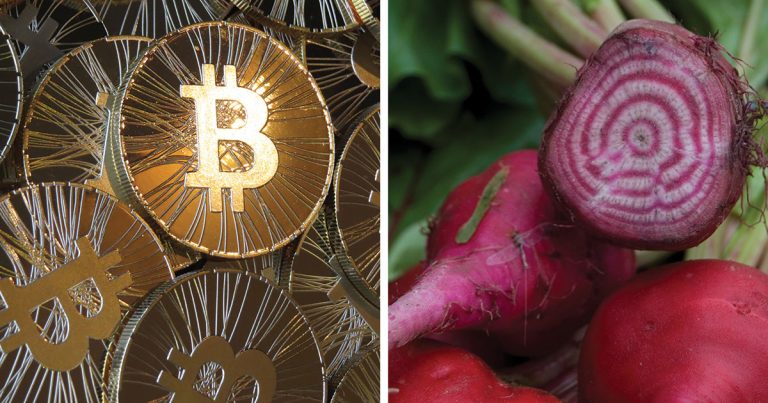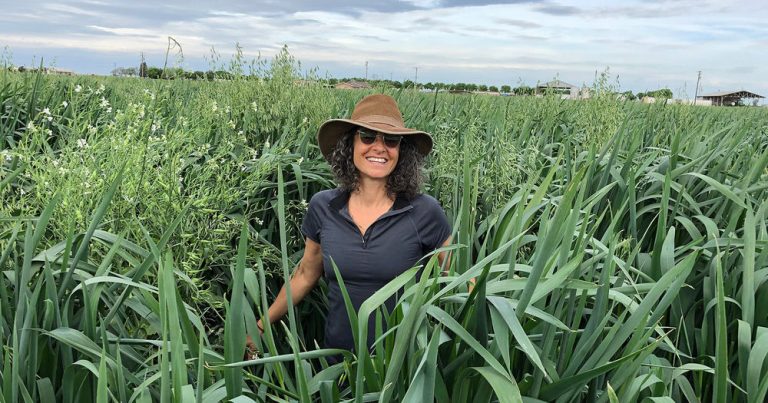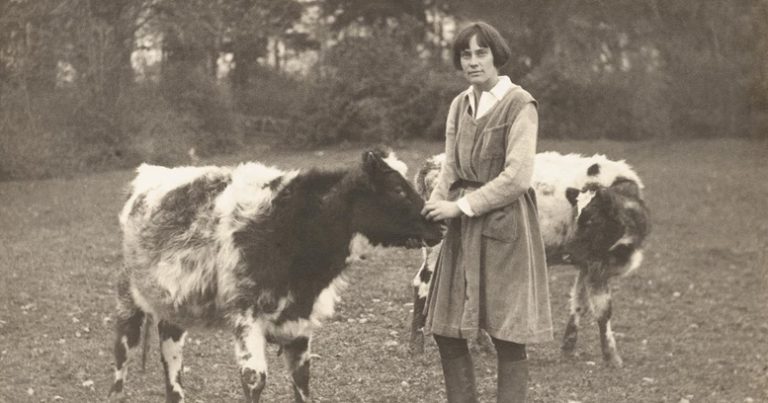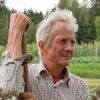Tuesday, July 11 • 4 min read
How a Zero-Percent Loan is Helping This Colorado Farm

Don Lareau
Co-Owner and Operator, Zephyros Farm
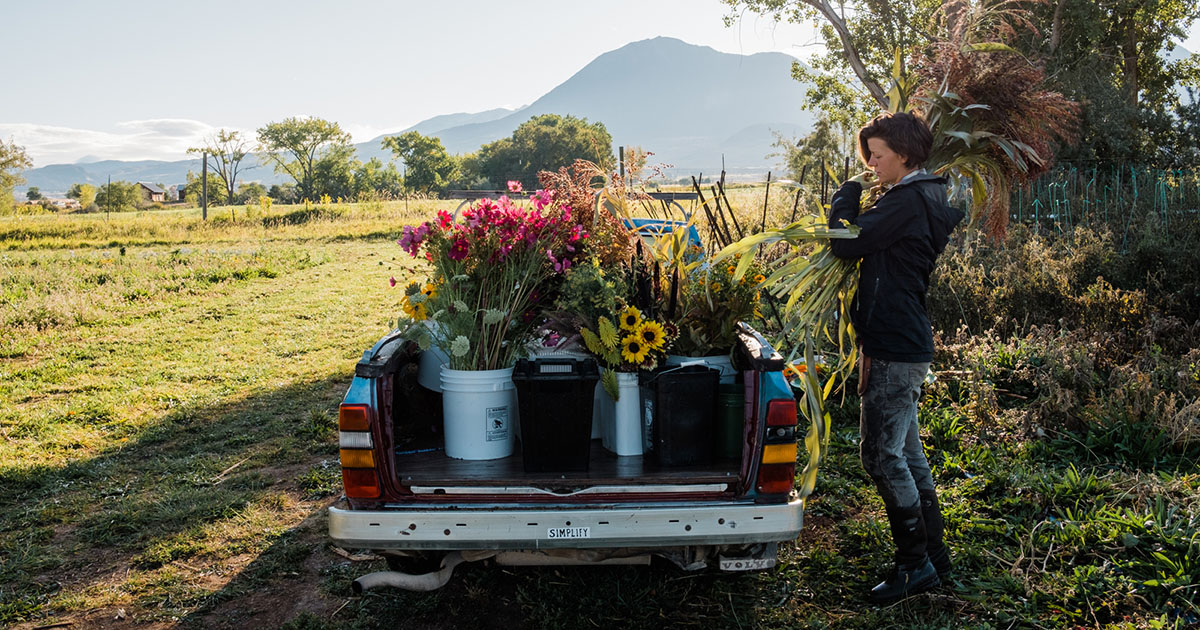
Zephyros Farm and Garden has always sought diversity and quality in its organic production. When Daphne and I started this farm 13 years ago, like many young couples starting out, we wanted it all; every vegetable under the sun, flowers, sheep, goats, chickens, turkeys, children, worms, compost, and a life for ourselves. After many years and struggles, we came to focus on a niche that made it possible to make a living and have a life with our kids. Years of practice brought us to the thing we do really well: growing flowers.

At Zephyros, we grow more than 1,000 different varieties of flowers. When you grow 99 different dahlias, it is easy to reach these numbers. Passion helps, too. We still grow a couple of acres of vegetables. We only have eight chickens though, just enough for eggs for ourselves. Oh, and we have a few goats.
When we expanded our flower operation, we realized that we had outgrown the farmers’ markets appetite for the quantity of flowers we could grow. So we started doing weddings. Then we started to sell to florists. We became immersed in the movement of flower growers across the country. We became early participants in the Slow Flowers movement. When we first started out, people thought about what went in their bellies, but not much about what adorned their tables.
We have taken it a step further by being certified organic. Today, 80 percent of the flowers you see in a store, a florist shop, or a hotel are from another country and are not organic. We are part of a growing movement that has not only localized the production of flowers, but is also increasingly organic. This is important not because you eat the flowers, but because growing organically is good for the planet, for people who work in the fields and the greenhouses, and for florists. It’s also awfully nice to know that the bouquet on your table is not coated with pesticides.
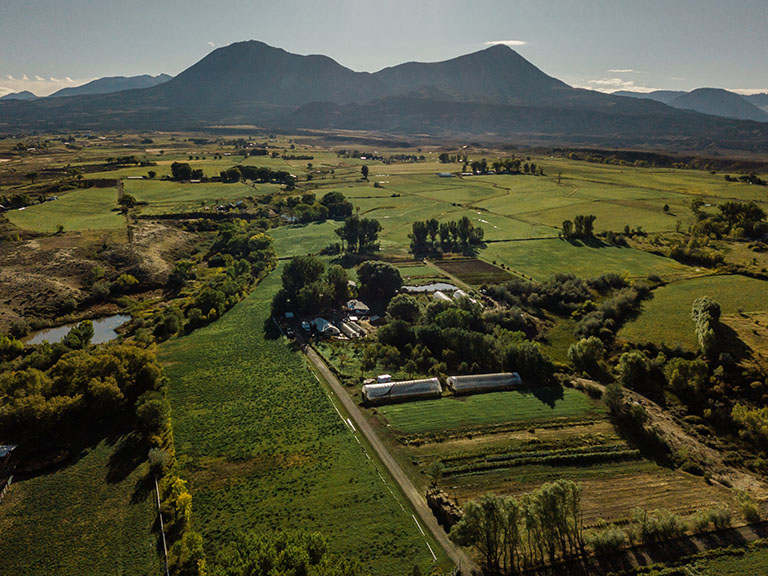
We started getting more and more orders from our florists, not because our flowers are organic, but because they were local—that is, not “jet fresh” from Ecuador. We can grow a lot of flowers that a producer thousands of miles away cannot get to market alive.
As we grew, we had a hard time delivering all the orders in our Honda Pilot. Our farmers’ market trailer could hold a lot, but it was hard to drive down tight alleyways and maneuver into the parking lots where the florists and our private clients have their businesses and homes. Also, the flowers would arrive quite hot, which they do not like. If we wore sweaters and hats, the Honda A/C did an okay job, but we needed something else.
After local banks scoffed at us and loans for a new truck seemed way too expensive, we heard about the 2Forks Club, a local Slow Money investment club. We sent a proposal to have them help us buy a used refrigerated truck. They gave us a $23,500 zero-percent loan, which we are paying back over a few-year period.
The part that amazes me to this day is the degree to which the members of 2Forks worked with us to customize the loan for our benefit. For example, they said, “You are not asking for enough to get a good truck,” so they gave us more than we were originally asking for. “This is not how a bank works!” we thought. If that wasn’t enough, they also looked at our cash flow and structured a bit more time to pay the loan back, with some discretion built in. They understood that we are not selling widgets, that we are dealing with Mother Nature and biology and many variables not in our control, such as late frosts, early heat, hot winds, and the like.
The 2Forks loan has allowed us to load our truck full of flowers that stay fresh, so now we throw on extra flowers and invite florists onto the truck. They usually cannot resist buying more. If we do not sell them all, they stay cold and we can sell them through our other market channels.
It has been a fast season, with temperatures in the high 90s much earlier than other years, so flowers are blooming quickly. It has been a great peony season. This is why we are diverse: one flower does well, while another does not. We are well underway in our repayment to 2Forks, and they have been actively making other loans. Access to capital is the bane of the small farm, given all the risks and slim profit margins. So loans from 2Forks feel like a cool breeze in summer.
